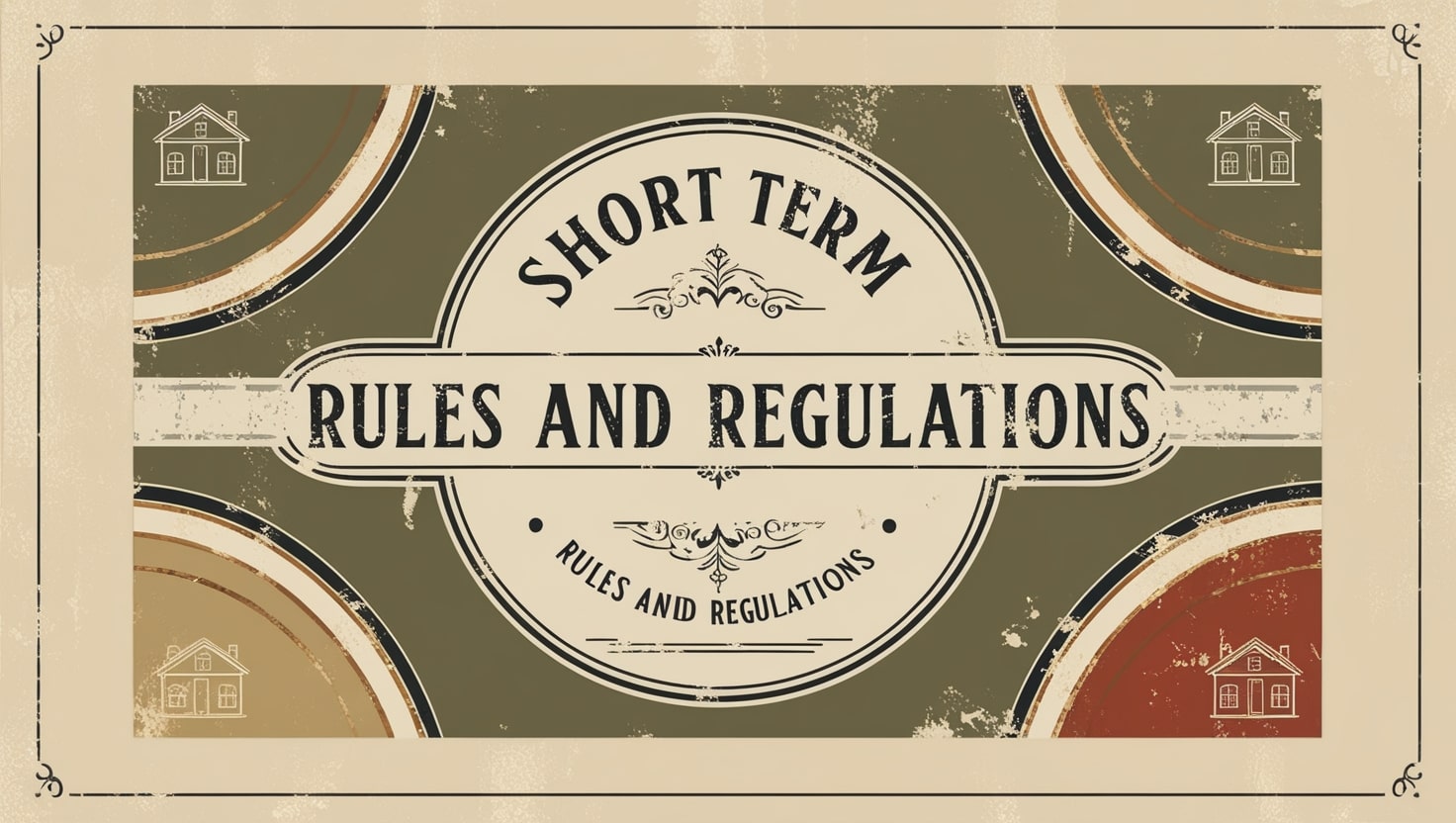Airbnb Regulations in Cairns, Queensland: A Brief Overview for Hosts
Cairns, a popular tourist destination in Queensland, enforces a set of local regulations governing short-term rentals, including those listed on platforms like Airbnb and VRBO. These regulations are primarily outlined in the Cairns Regional Council's planning scheme, CairnsPlan 2016, and vary according to specific zoning classifications.
Key Points:
Zoning and Development Approval:
- Short-term accommodation is generally permitted in designated areas, such as Centre zones and regions close to tourist attractions, but may require development approval in low-density residential zones.
- Operators must comply with the Multiple dwelling and short-term accommodation code (9.2.17), which establishes requirements related to parking, amenity, and density.
Licensing and Permits:
- Although there is currently no specific registration or licensing system for entire homes utilized as short-term rentals, hosts may still require development approval from the council depending on property zoning and intended operations.
- Shared facilities like backpacker hostels and caravan parks need specific permits under Local Law No. 6, which entails providing detailed plans and maximum occupancy info.
Required Documentation:
- Hosts applying for development approval should submit completed forms, site plans, operational details, and evidence of compliance with local codes. Additional evidence from governing bodies may be required for properties within community titles.
Tax Obligations:
- Short-term rental income is taxable, with hosts responsible for registering for Goods and Services Tax (GST) if their operations qualify as a business. Other potential taxes include income tax and land tax, which vary by property location and value.
Enforcement and Compliance:
- Cairns has a reputation for strictly enforcing its short-term rental regulations, leading to penalties for non-compliance. Hosts have reported scrutiny and action from the council against unauthorized short-term rentals.
Advice for Hosts:
- Prospective short-term rental hosts should conduct thorough research on the local regulations and zoning laws, consult with council offices for guidance, and ensure all necessary approvals are secured before proceeding.
Conclusion:
Starting a short-term rental business in Cairns entails a careful adherence to local government regulations. Hosts should remain updated on any changes to rules and engage with the Cairns Regional Council to navigate the complexities of operating within the local framework.
For further assistance, property owners can contact the Cairns Regional Council's Planning and Development Department or visit their website for more details on licensing and compliance requirements.
Airbnb Statistics in Cairns! 🚀
Currently, there are 2162 Airbnb listings in Cairns. The
Average Occupancy Rate in
Cairns is 76% and the average daily rate is
AU$247.
According to vacation rental market data source Airbtics,
average revenue in Cairns is
up to AU$63,364
each year.


